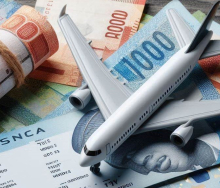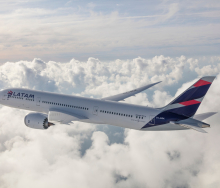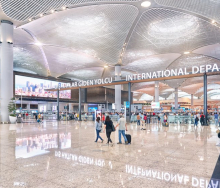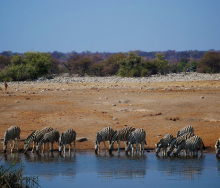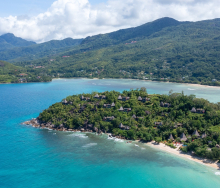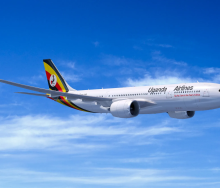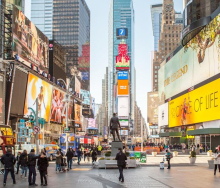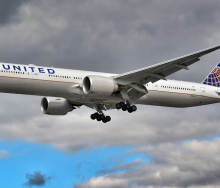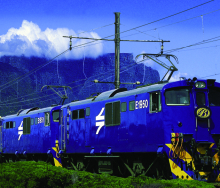During the ‘Tourism SMMEs Surviving COVID-19’ webinar on August 24, hosted by the Department of Tourism, it was highlighted that a profound change of mind-set was needed on how small, medium and micro enterprises (SMMEs) do business, and how they are supported by the government and private sector. This change of mind-set is needed in order to help them survive the negative impact of COVID-19.
Mpopi Khupe, executive director of management consulting company, Zevoli, said SMMEs should not waste the opportunities that the COVID-19 crisis might present. “A crisis allows us to change our minds and reconsider how we do business, something that staying within our comfort zone doesn’t allow us to do.
“We have been given the opportunity to rethink the mind-set around tourism SMMEs and reconsider business practices that have been embedded for too long and could have been hindering growth.”
Septi Bukula, founder of Seeza Tourism SME Network, a company that facilitates access for small tourism businesses, suggested a three-pronged approach. “Firstly we need to rethink how the government can support SMMEs more effectively. Secondly, as the industry, we need to rethink how we approach selling tourism and selling destination South Africa,” he explained. “Lastly, we need to rethink at the level of SMMEs on how we enter the industry and what we can offer.”
Mpopi said the recent B-BBEE Tourism Survey conducted by the Department of Tourism with assistance from Zevoli, showed that there was a need to rethink how the government and industry were solving the challenges faced by SMMEs. “There’s an investment being made in skills development but the return is not being seen in better employment equity, whether it’s job creation or migration through management levels,” she said. “I believe the government needs to reassess how it supports SMMEs in tourism and look at how it is creating the opportunity for sustainable growth for SMMEs, especially black-owned businesses.”
Allon Raiz, founder and ceo of South African business development incubator, Raizcorp, suggested that the term SMME needed to be relooked at.
“The term is a problem because the businesses grouped under this term don’t have the same issues and the same strategies. We need to split out these businesses to be able to develop each to its fullest potential,” he said. Allon said he believed that small businesses had a better chance of survival during this difficult time if they specialised and chose a specific niche to fulfil in the sector. “Businesses need to effectively choose an ecosystem within which to operate and build strategies to thrive within that ecosystem.”
Septi agreed and added that the survival rate of tourism SMMEs was very low, even prior to the pandemic, because the tourism industry was traditional in the way it sold tourism offerings.
“There are many tourism opportunities in this country that are not being unearthed. SMMEs are going into intense competition with big companies, all selling the same things, such as Table Mountain and the Kruger National Park,” said Septi.
“We shouldn’t be taking our SMMEs to markets that are overtraded and not enabling them to focus on niche markets where they can excel. The niche may seem small to a large business but to an SMME it may be enough.”


